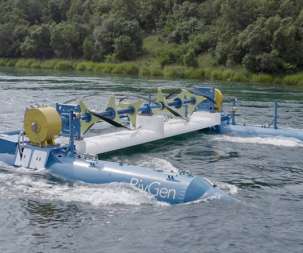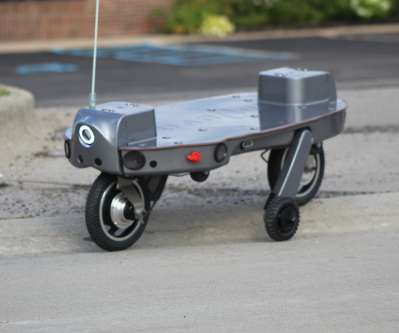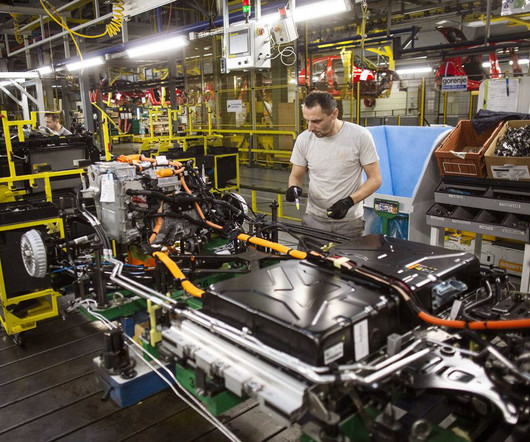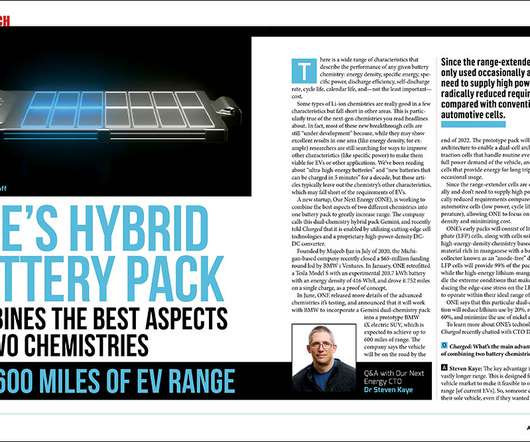DOE awards $35M to 12 ARPA-E projects to reduce methane emissions; 5 on natural gas engines
Green Car Congress
DECEMBER 3, 2021
The following teams selected for the REMEDY program will work to directly address the more than 50,000 engines, 300,000 flares, and 250 mine shafts that are producing methane emissions. Natural Gas Engines. This would simultaneously reduce methane emissions and improve engine efficiency. Selection amount: $1,500,000).






































Let's personalize your content